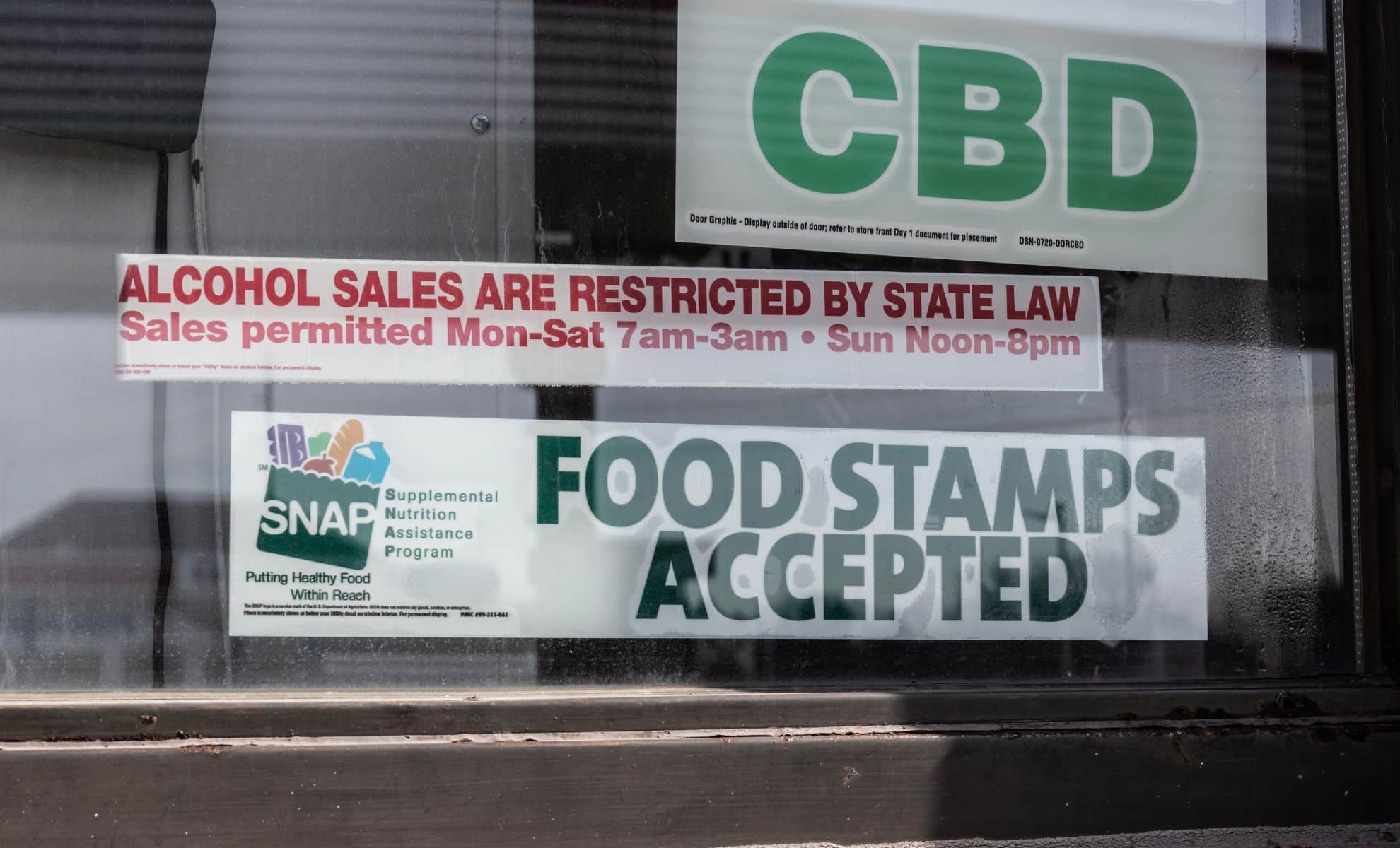IRS Extends Tax Deadlines in These States – See If You Qualify for Relief
The IRS has quietly extended key tax deadlines for residents in several disaster-affected states. A new date has been set,…
Join our social media
For even more exclusive content!
Economy

Newsletter






























